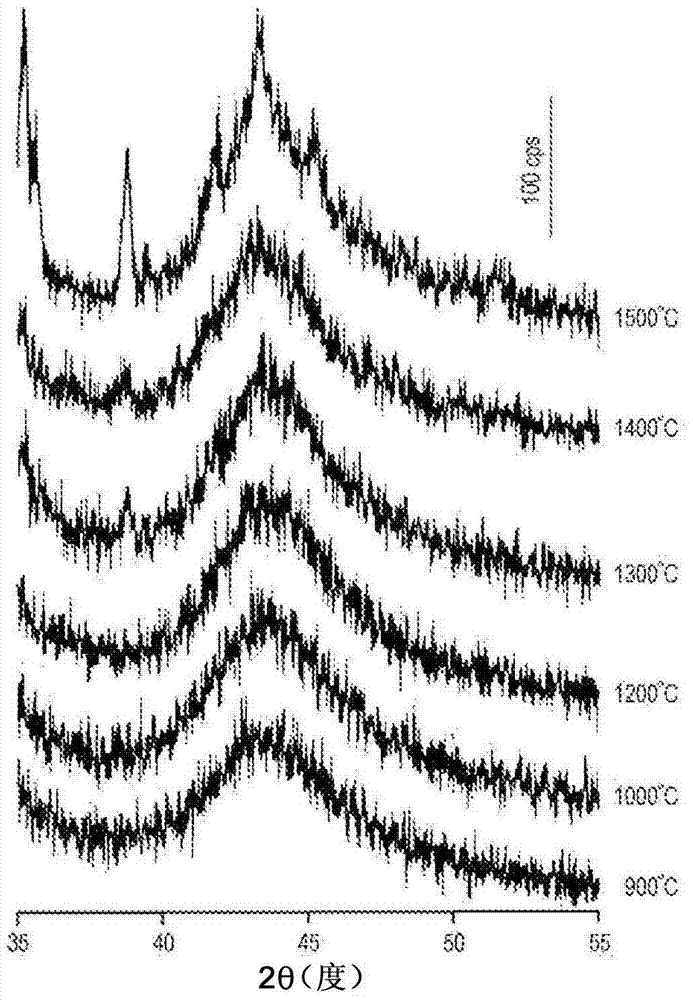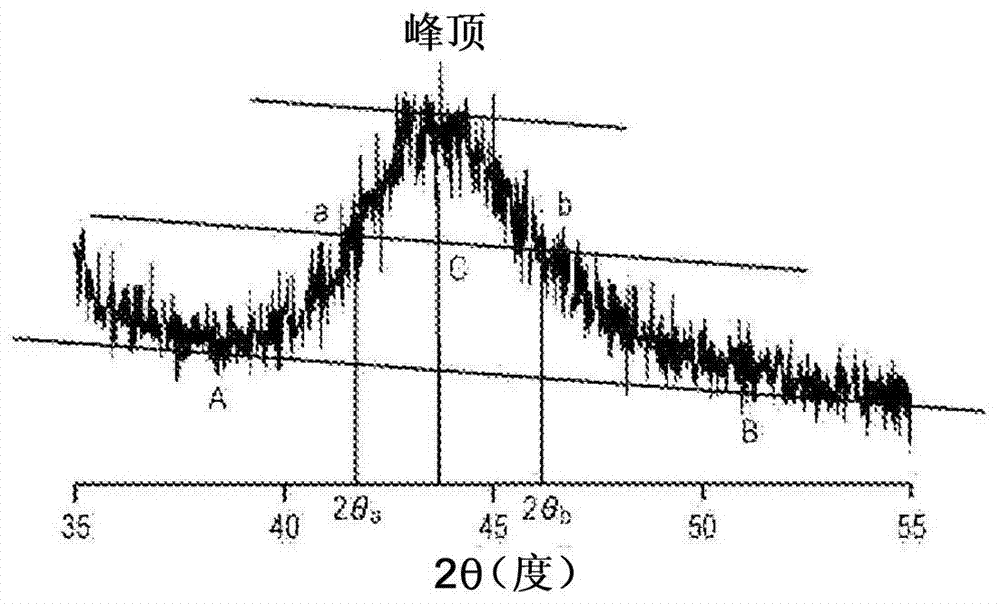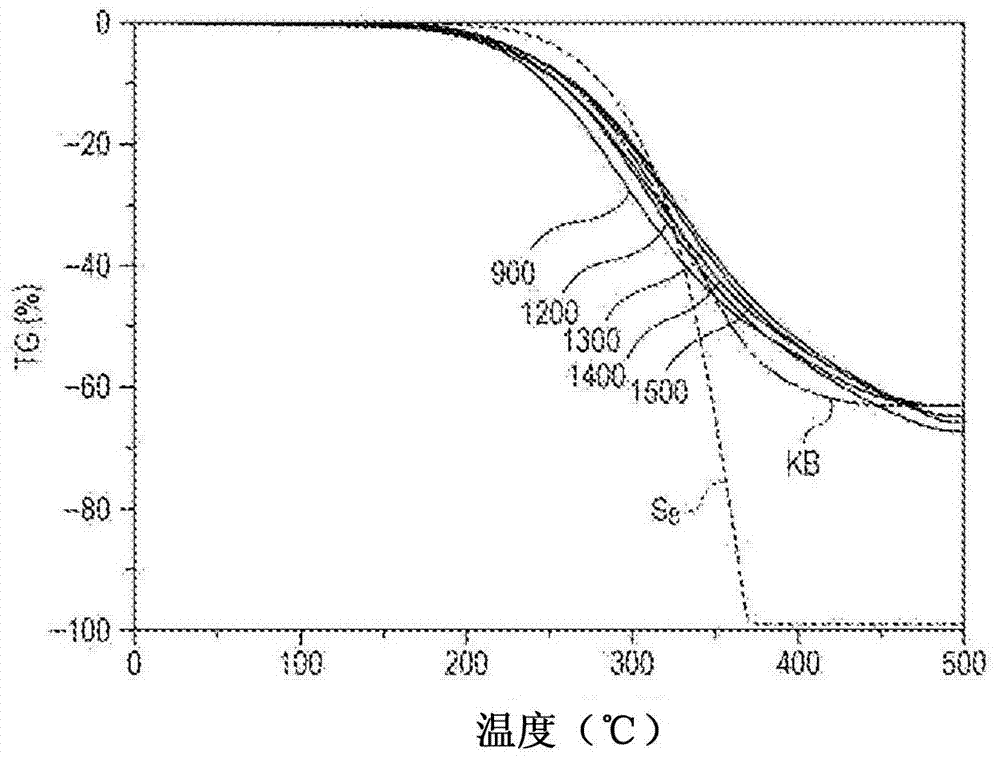Electrode material, method for manufacturing electrode material, and secondary battery
A technology of electrode materials and raw materials, applied in non-aqueous electrolyte batteries, lithium batteries, battery electrodes, etc., can solve problems such as poor charge-discharge cycle characteristics, low sulfur utilization rate, and failure to reach cut-off voltage, and achieve improved utilization and utilization. rate improvement, high crystallinity
- Summary
- Abstract
- Description
- Claims
- Application Information
AI Technical Summary
Problems solved by technology
Method used
Image
Examples
Embodiment 1
[0101] Example 1 relates to the electrode material, the method of manufacturing the electrode material, and the secondary battery according to the first embodiment and the second embodiment of the present disclosure.
[0102] The electrode material for the secondary battery of Example 1 is made of a porous carbon material exhibiting a (100) plane or (101 ) half-width of the diffraction intensity peak of the plane. Alternatively, the electrode material used in the secondary battery of Example 1 is made of porous carbon material, wherein, when the porous carbon material and S 8 The absolute value of the differential value of the mass (absolute value of -dW / dt) obtained when a mixture of sulfur is subjected to thermal analysis (temperature is used as a parameter) exhibits a value greater than 0 at 450°C and 1.9 or more at 400°C value (preferably, 2.0 or greater).
[0103] The secondary battery of Example 1 includes an electrode made of a porous carbon material exhibiting a (100...
PUM
| Property | Measurement | Unit |
|---|---|---|
| specific surface area | aaaaa | aaaaa |
| specific surface area | aaaaa | aaaaa |
| thickness | aaaaa | aaaaa |
Abstract
Description
Claims
Application Information
 Login to View More
Login to View More - R&D Engineer
- R&D Manager
- IP Professional
- Industry Leading Data Capabilities
- Powerful AI technology
- Patent DNA Extraction
Browse by: Latest US Patents, China's latest patents, Technical Efficacy Thesaurus, Application Domain, Technology Topic, Popular Technical Reports.
© 2024 PatSnap. All rights reserved.Legal|Privacy policy|Modern Slavery Act Transparency Statement|Sitemap|About US| Contact US: help@patsnap.com










